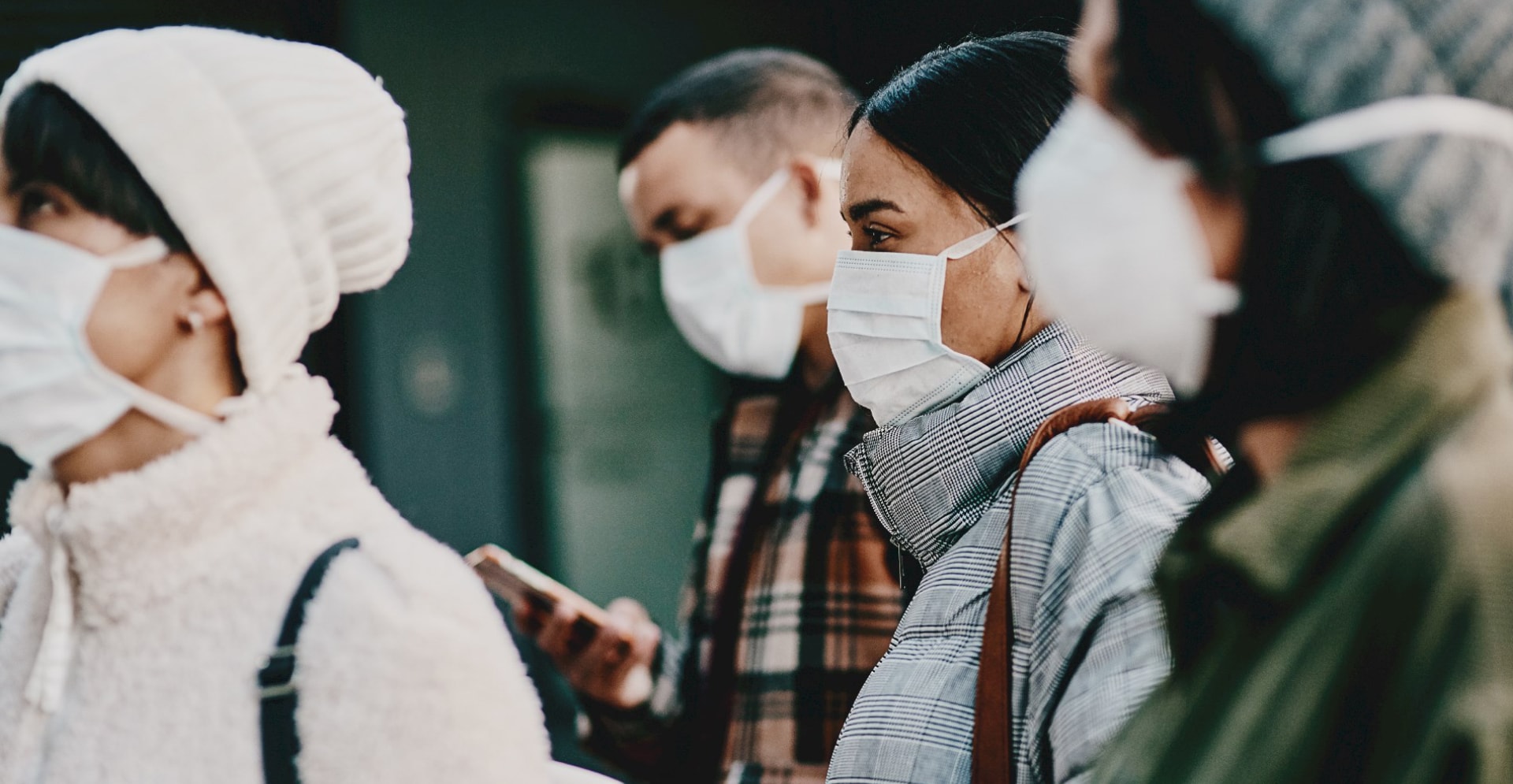COVID-19 has highlighted the urgent need for more resilience for businesses, in healthcare, for utility companies and for cities. But before decision makers can take the right steps forward, they must accept one fundamental truth.
It’s impossible to be 100% prepared for the future because you never know exactly what the future will hold.
Over the course of my 35-year career working in resilience, I have had to relay this message to clients more times than I can remember. Many of them found it to be an unsatisfactory response. But a big part of my role as a resilience expert is to help clients understand this truth, so that they can adopt the right mindset. This may seem counterintuitive but it’s only when we accept that the future is unknowable that we can take adequate steps towards becoming more resilient.
Let me be clear. The fact that the future is uncertain is not an excuse for inaction; quite the contrary. This irrefutable fact actually informs what steps people, communities, cities, and businesses should take to get better prepared. As it turns out, one of the biggest mistakes we make in planning for the future is fooling ourselves into thinking we know what will happen next. When we accept that the future is uncertain, we can focus on making sure that no matter what happens we have the basics covered.
So, how does this way of thinking account for what we have seen and learned during the COVID-19 pandemic?
Well, I think what we’ve witnessed this year demonstrates my point. Even though infectious disease outbreaks happen with regularity, it’s clear that, on the whole, we’d underestimated the potential impact of this possibility. As a result, we underprioritized investments in things that would have armed us with the tools and skills we needed to deal with this pandemic. From a global perspective, humanity had done quite a good job of coping with recent outbreaks like SARS, Ebola and the H1N1 swine flu. Arguably, we fell into the trap of thinking that the next outbreak would be like the previous ones and so we found ourselves unprepared.
But this reality is not limited to pandemics. Resilience shocks come in innumerable forms. Take New York City for example. In this century alone, New Yorkers have faced at least three major shocks: the September 11th terrorist attacks in 2001, Hurricane Sandy in 2012 and now COVID-19. In all three instances, the people of New York had previous warnings of what could happen. Terrorists detonated a truck bomb at the World Trade Center back in 1993. Hurricane Irene hit the city a mere year before Hurricane Sandy. And the swine flu actually killed 11 people in New York, in 2009. But in each instance, the previous “warning” was not of the magnitude of the calamity that would befall the city later on. In other words, knowledge of what had happened was not enough to prepare the city for what would happen.
And this tendency to prepare for what has already happened can be seen in the consecutive shocks the city has faced in the 21st century. After 9/11, the focus in New York was on the prospect of a similar event. A major telecom provider in Lower Manhattan moved vital equipment from floors above grade down into the basement. And then, Superstorm Sandy flooded those basements a decade later, knocking out telecom equipment that served Wallstreet. Sandy also flooded Bellevue and Coler Hospitals, making their emergency room entrances inaccessible and knocking out power. After the storm, those hospitals were hardened against flooding, which did almost nothing to prepare them for a massive surge in demand for intensive care treatment, for people who became critically ill from COVID-19.
Preparing for uncertain future
Any way you look at it, focusing solely on the past will not prepare us for the future. We know that climate change, urbanization and globalization will bring more shocks and stressors in the coming years, but their exact nature remains uncertain. Analyzing and mitigating risks is important, but a better path to increase resilience lies in focusing on strengths and qualities that make us more robust and adaptable, no matter what crisis occurs. Cities and communities will always be more resilient and benefit from a strong healthcare system, clean water, dependable energy systems and broadband internet service, reliable and safe public transportation, and a vibrant business environment.
On a personal note, we have all witnessed the ways in which the pandemic has impacted the businesses and communities around us. Many of the old ways of working will be changed for good. At Arcadis, we’ll travel less, collaborate with digital tools more, and will continue to strive to find ways to help provide sustainable outcomes for our clients around the world. As global citizens working on every continent and across almost all aspects of society, we will also do everything we can to help the world become more resilient, and help it emerge from this crisis stronger, more robust and more adaptable.
To that end, we have developed a new thought leadership campaign about the steps we can take to become more resilient as we overcome the current crisis. We’ve focused our attention on cities, businesses, the healthcare industry, and utilities. To learn more, please download our Post-pandemic resilience white paper and stay tuned for more over the coming weeks.






